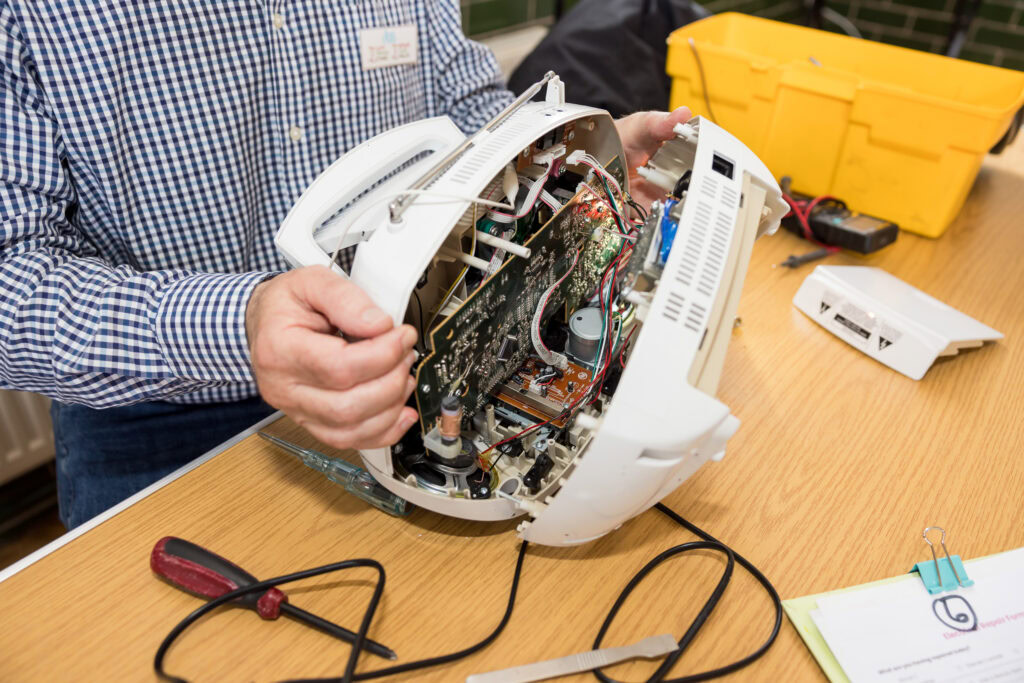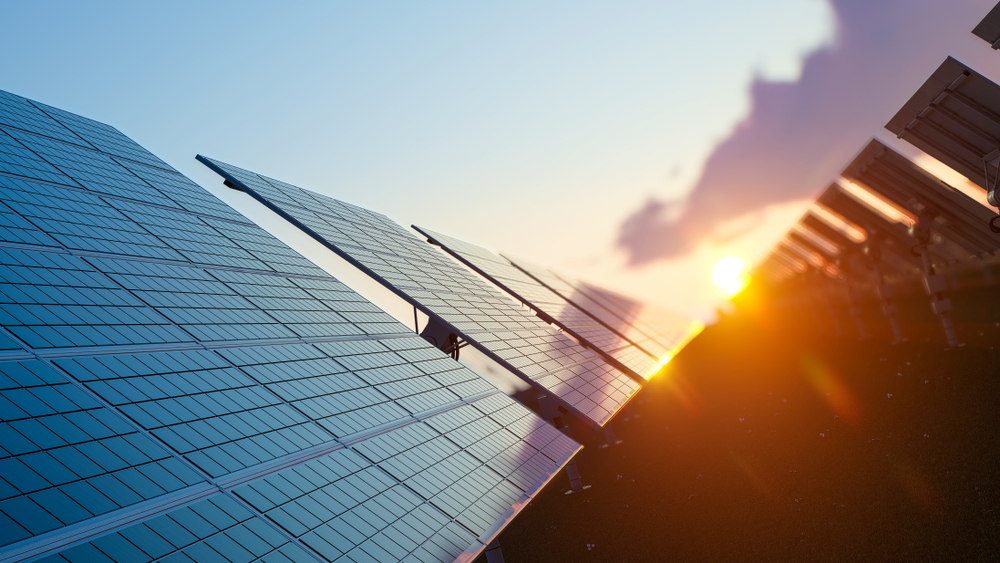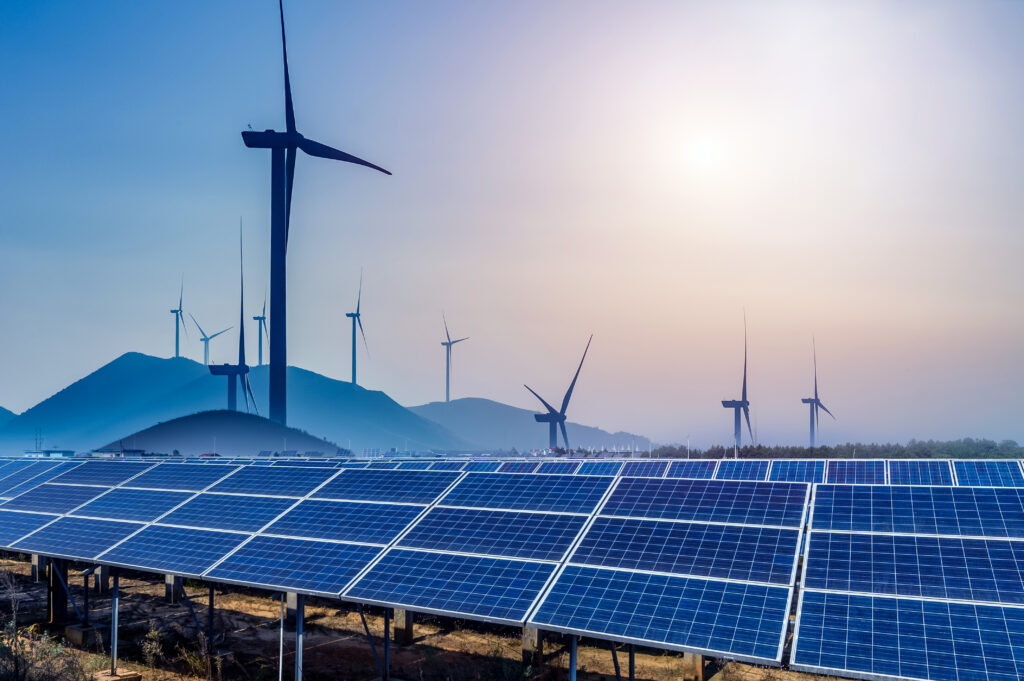The project aims to provide heat to 4,700 homes across 11 social housing estates and schools from the group’s South East London Combined Heat and Power (SELCHP) Energy Recovery Facility (ERF).
Veolia will utilise 75GWh per year of heat from the electricity generating process that treats non-recyclable.
Currently, almost half of the final energy consumed in the UK is used as heat with the domestic, commercial and public sectors accounting for two-thirds of this energy consumption.
Veolia has said it will be responsible for the design, construction, commissioning and operation of the network.
Once operational, the waste management company said it aims to provide the heat with around a 60% renewable content due to the biogenic component of the treated waste.
It also hopes to save an estimated 14,000 tonnes of CO2 emissions a year compared to the current natural gas or oil boiler derived heat supplies.
Estelle Brachlianoff, CEO of Veolia, said: “Developing local decarbonisation helps to break the dependence on fossil fuels and provide reliable heat to support communities and address energy price volatility. Our new district heating network in London will enable the UK to make further progress towards its decarbonisation targets by 2035.
“Veolia benefits from a unique and differentiating positioning thanks to the combination of its expertise in waste and energy, which makes us the reference in local decarbonised energy. This segment is a major booster to our GreenUp strategic program, which will meet our customers’ decarbonisation needs while guaranteeing energy security at an affordable price.”
Earlier this year, Southwark council approved a Local Development Order (LDO) permitting the construction of the new network. They are the first authority in London to introduce an LDO.
Councillor Helen Dennis, cabinet member for new homes and sustainable development, said: “I’m excited Southwark is paving the way for future generations by tackling the climate emergency head on.
“This project to expand the low carbon heat network is absolutely vital to us reducing our reliance on fossil fuels and embracing cleaner, more efficient energy resources. The new insulated pipes also get us closer to ensuring affordable and reliable heating for the 3,000 additional council homes due to be connected to the network around Old Kent Road.”
Details of EfW heat network project
Veolia said that the heat – supplied in the form of hot water – will be supplied through a 7km network of insulated pipework at temperatures up to 95°C and fed into the systems that distribute heat in the connected buildings.
The network will add to the existing urban heating network powered by SELCHP, which currently provides heat to 2,700 households and has saved around 95,000 tonnes of CO2 over the past ten years.
Veolia said it aims to support the future growth to accommodate 20,000 new homes over the next 15 years in line with Southwark council’s Area Action Plan.










Interesting to know how much introduction of widespread food collections from ‘simpler recycling’ will impact on biogenic content going into EFW